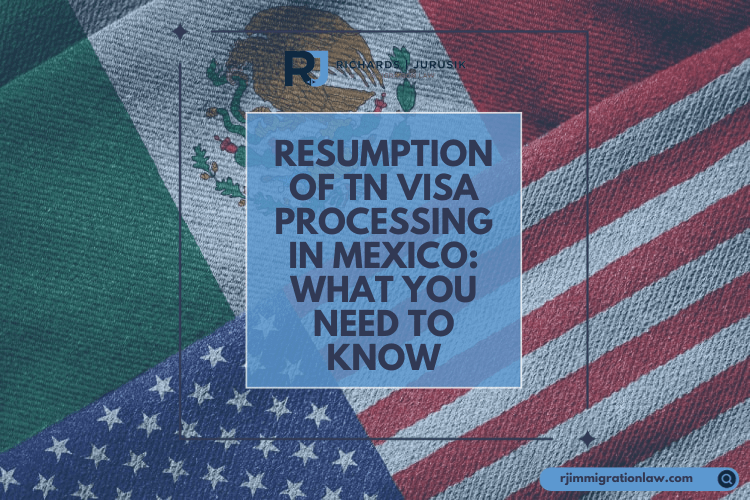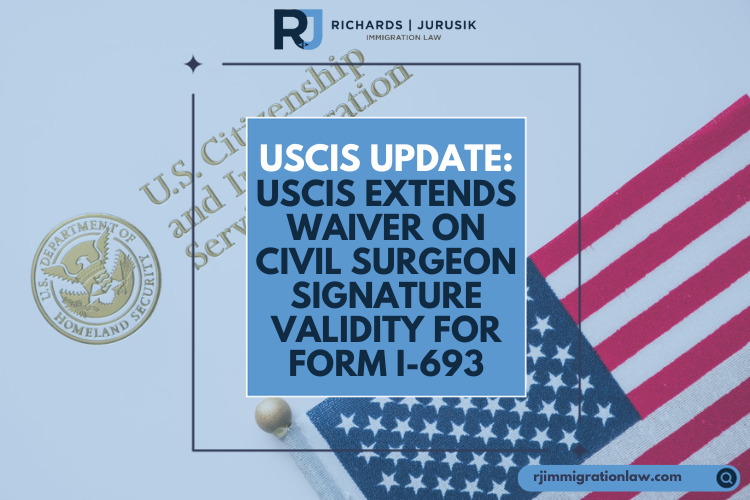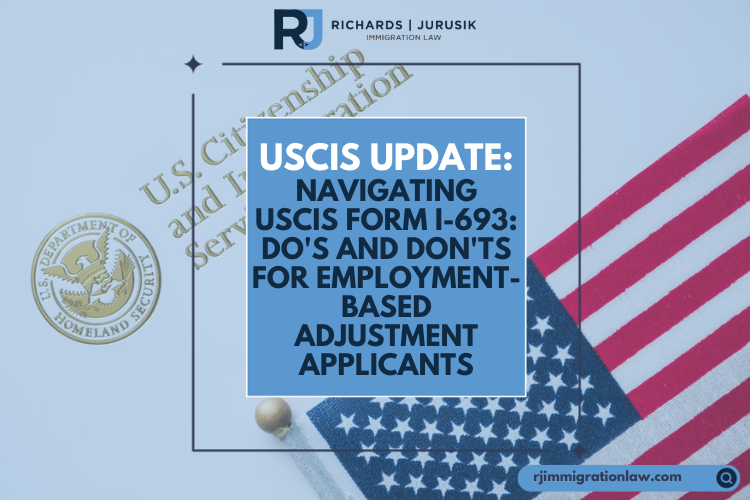To streamline employment authorization processes and reduce backlogs, U.S. Citizenship and Immigration Services (USCIS) has recently updated its Policy Manual. Released on September 27, 2023, the new guidance extends the maximum validity period for initial and renewal Employment Authorization Documents (EADs) to 5 years for specific categories of noncitizens. This article covers the critical points of these revisions and their implications for noncitizens and employers.
Who Benefits from the Extension?
- Noncitizens who are employment-authorized, incident to status or circumstance, include those admitted as refugees, paroled as refugees, granted asylum, or recipients of withholding of removal.
- Certain noncitizens who must apply for employment authorization are applicants for asylum or withholding of removal, those seeking adjustment of status under INA 245, and individuals facing suspension of deportation or cancellation of removal.
Automatic Employment Authorization
The updated guidance outlines the categories of noncitizens automatically authorized to work. Such individuals can present a Form I-94, Arrival/Departure Record, as an acceptable document for employment eligibility verification. Form I-94 must be accompanied by identity documentation to complete the employment authorization process under List C of Form I-9.
Special Mention for Afghan and Ukrainian Parolees
The policy clarification includes the following: Certain parolees from Afghanistan and Ukraine are considered employment-authorized incidents according to their parole status.
Rationale for the Extension
The USCIS aims to significantly reduce the number of new Forms I-765 (Application for Employment Authorization) for renewal EADs in the coming years. This is expected to reduce associated processing times and application backlogs.
Points to Consider
It is crucial to note that maintaining employment authorization remains conditional on the underlying status, circumstances, and the specific EAD filing category. For instance, if an individual’s EAD is issued for five years based on a pending adjustment of status application and the application is subsequently denied, their employment authorization may be terminated before the EAD’s expiration date.
Conclusion
The recent USCIS update serves as a significant stride in simplifying the employment authorization landscape for both noncitizens and employers. While it aims to alleviate some of the bureaucratic burdens, it’s vital to understand the nuances of the new policy and how it affects different categories of noncitizens.
Subscribe to Our Resources Blog
Schedule a Consultation with an Immigration Lawyer
Read the Full USCIS Policy Alert
We Can Help!
You may have questions regarding U.S. immigration policy. We invite you to contact our team at Richards and Jurusik for detailed guidance and assistance. We aim to provide the most accurate and up-to-date information to make your immigration process smoother and less stressful. The immigration lawyers at Richards and Jurusik have decades of experience helping people to work and live in the United States. Read some of our hundreds of 5-star client reviews! Contact us today to assess your legal situation.






